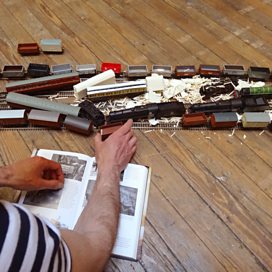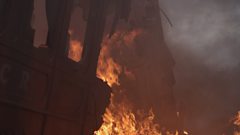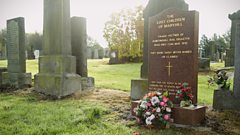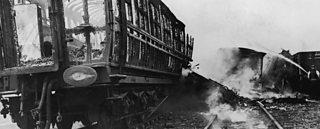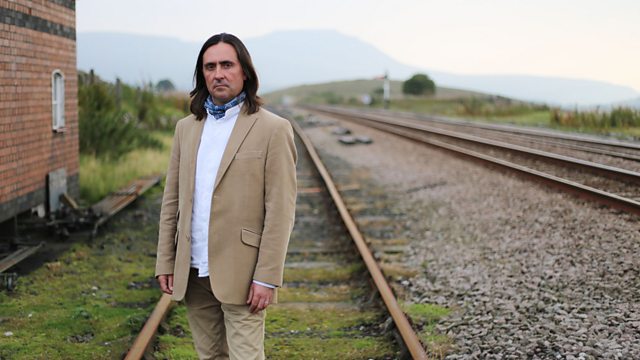
Britain's Deadliest Rail Disaster: Quintinshill
Neil Oliver investigates Britain's deadliest rail disaster at Quintinshill near Gretna Green. Two men were jailed, but was there a cover-up to protect others from being blamed?
On 22 May 1915, a collision at the Quintinshill signal box, near Gretna, became Britain's deadliest ever rail crash. Involving a military train filled with troops - most of whom were from Leith - heading for Gallipoli and two passenger trains, the crash claimed an estimated 226 lives and left hundreds more injured.
The duty signalmen, George Meakin and James Tinsley, were found responsible for the disaster and were both jailed on the charges of culpable homicide.
Neil Oliver explores the series of mistakes that may have caused the collision, the part played by the train companies and the government, and determines whether the investigation would have come to the same conclusions if it were carried out today. Dramatised reconstructions add to this compelling account of a tragedy which had a profound effect on several communities in Scotland, and remains the deadliest in the annals of Britain's railways.
Britain's Deadliest Rail Disaster: Quintinshill is a Finestripe Productions programme for BBC Scotland.
Last on
![]()
How we recreated Britain’s most deadly train crash for television
Director Ian Lilley’s story of a model train set, scale measurements and smartphones
Clips
-
![]()
Did officers really shoot trapped men at Quintinshill?
Duration: 02:03
Credits
| Role | Contributor |
|---|---|
| Presenter | Neil Oliver |
| Production Company | Finestripe Productions |
| Executive Producer | Katie Lander |
| Producer | Ian Lilley |
| Director | Ian Lilley |
| Actor | Mat Urey |
| Actor | Steve Pearson |
| Actor | Lorne MacFadyen |
| Actor | Alasdair Hankinson |
| Participant | Archie Tassell |
| Participant | Robert Watson |
| Participant | Simon Cummins |
| Participant | Anson Jack |
| Participant | David Howell |
| Participant | Adrian Searle |
| Participant | Adrian Quine |
| Participant | Lindsay Farmer |
| Participant | James Chalmers |
| Participant | Juliet Gardiner |
| Participant | Richard Roberts |
Broadcasts
- Wed 20 May 2015 21:00BBC Two Scotland
- Thu 21 May 2015 21:00
- Fri 22 May 2015 02:45
- Thu 13 Aug 2015 21:00
- Fri 14 Aug 2015 03:00
- Wed 2 Dec 2015 20:00
- Mon 7 Dec 2015 01:00
- Mon 9 May 2016 21:00
- Thu 12 May 2016 23:35
- Wed 14 Dec 2016 22:00
- Thu 15 Dec 2016 02:00
- Thu 13 Sep 2018 00:00
